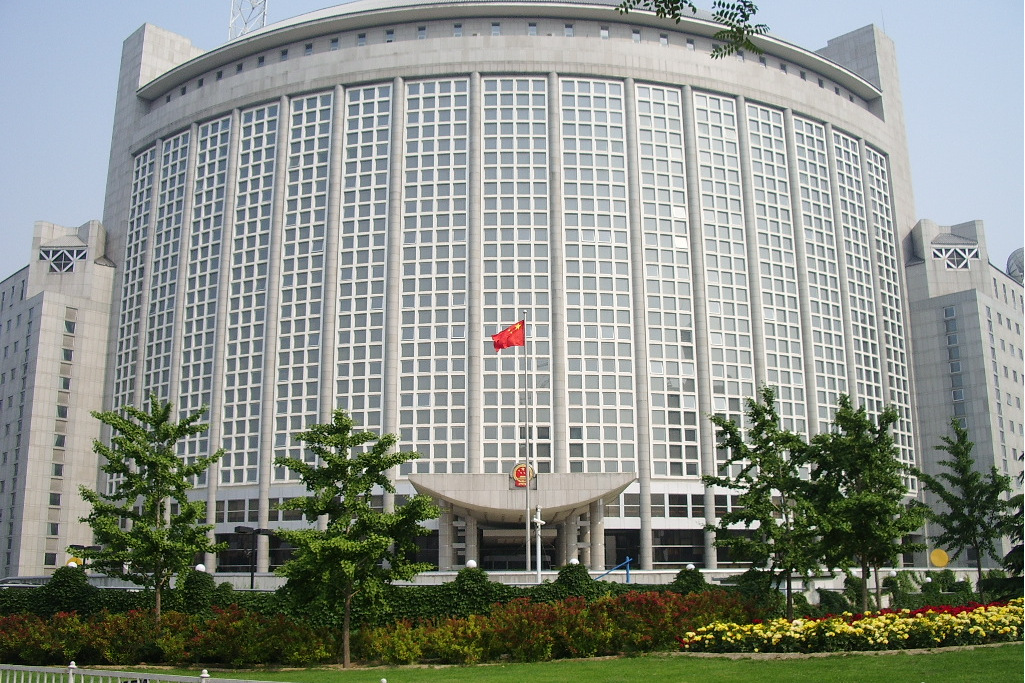
On 29 Dec. 2021, the PRC State Council issued a white paper on “China’s Export Controls” (hereinafter as “the white paper”, 中国的出口管制).
The white paper consists of the preamble, the main body and the conclusion. The main body introduces China’s basic position on export controls, its legal and regulatory system for export controls, its efforts to modernize the export control system, and its international exchanges and cooperation in export controls.
Export controls are standard international practice. They involve prohibitive or restrictive measures on the export of dual-use items, military products, nuclear materials, and other goods, technologies and services related to safeguarding national security and national interests, and other restrictions related to the fulfillment of non-proliferation and other international obligations.
Since the 1990s, China has promulgated six administrative regulations, including the “Regulations on the Administration of the Controlled Chemicals”(监控化学品管理条例), the “Regulations on the Control of Nuclear Export”(核出口管制条例), the “Regulations on the Administration of Arms Export”(军品出口管理条例), the “Regulations on the Control of Nuclear Dual-use Items and Related Technologies Export”(核两用品及相关技术出口管制条例), the “Regulations on Export Control of Missiles and Missile-related Items and Technologies”(导弹及相关物项和技术出口管制条例), and the “Regulations on Export Control of Dual-Use Biological Agents and Related Equipment and Technologies”(生物两用品及相关设备和技术出口管制条例).
In October 2020, China enacted the “Export Control Law”(出口管制法) to coordinate China’s export control system.
On 30 Dec. 2021, the “China Export Control Information” website was launched, which was operated by the Ministry of Commerce of China. You can get authoritative information about China’s export controls from this website.
The website has six information sections including domestic news, international news, compliance services, policies and regulations, FAQs as well as opinions, and provides online services such as import and export approval of dual-use items and technologies, and application of importer statement on end-users and end-uses.
Cover Photo by 0507 koibito on Unsplash
Contributors: CJO Staff Contributors Team









